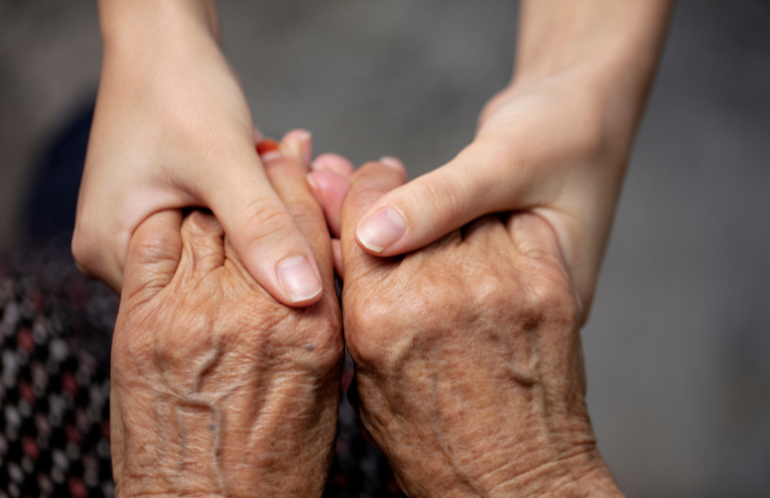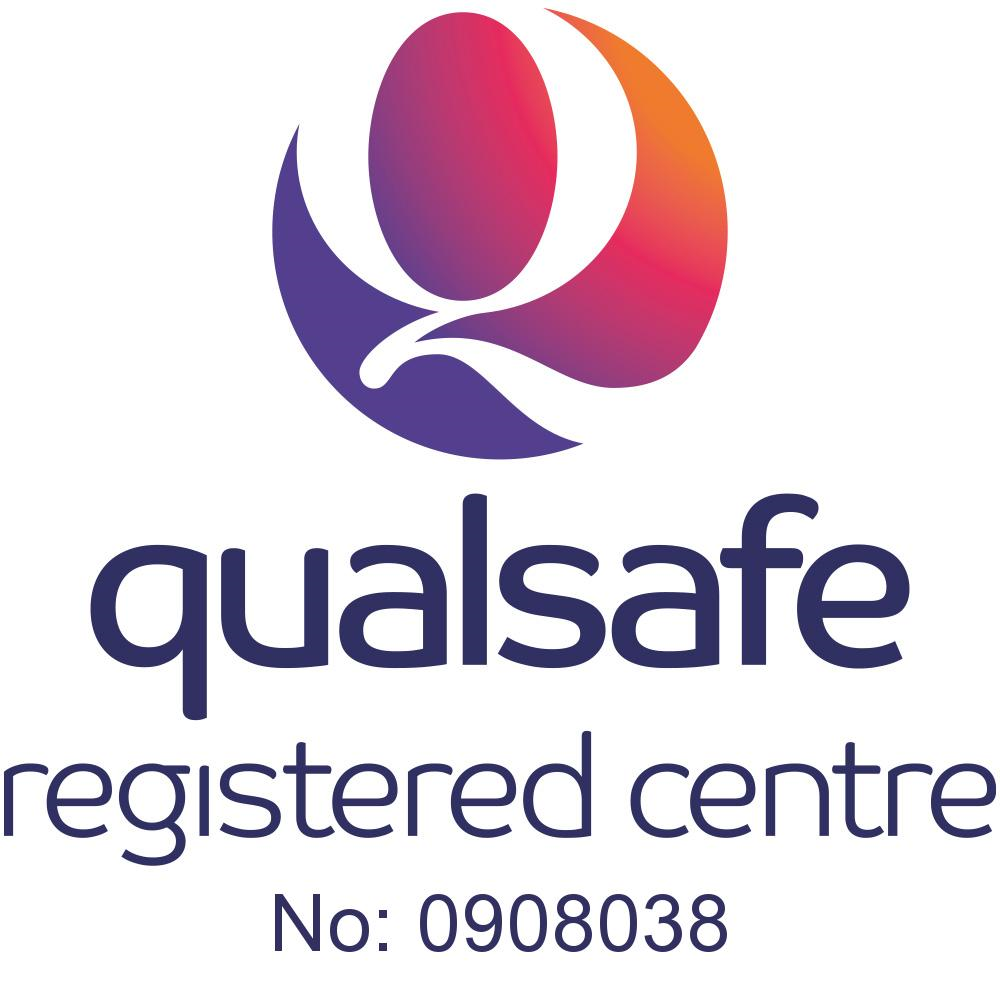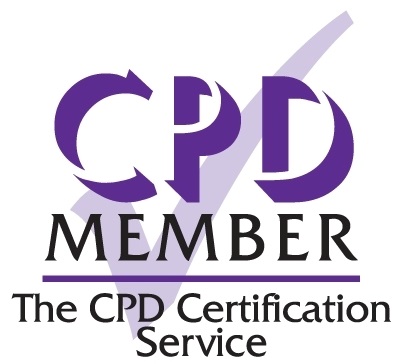End of Life
Learning Outcomes
- State the key components and purpose of Advance Care Planning
- Describe the assessment process within end-of-life care
- Identify effective communication skills used in end-of-life settings
- Analyse approaches to symptom management, comfort, and wellbeing
- Explain the principles and practices of bereavement care
- Explain the role of spiritual care and last offices in end-of-life support
- Describe the scope and contribution of specialist care services
Aim
This course develops learners with the knowledge and skills required to deliver compassionate, dignified, and person-centred end-of-life care. It focuses on providing physical, emotional, and spiritual support to individuals and their families in residential, community, or home care settings—ensuring comfort, respect, and quality of life during the final stages of care.
Why Customers would Benefit from the End of Life Training Course?
This course is essential for care providers delivering support to individuals approaching the end of life, whether in residential, domiciliary, or supported living environments. The training equips staff with the knowledge and confidence to deliver care that is respectful, person-centred, and aligned with the wishes of both the individual and their family. It ensures frontline workers can recognise and respond appropriately to physical, emotional, and spiritual needs, while maintaining dignity and compassion throughout. The course also supports services in meeting their legal responsibilities under the Health and Social Care Act 2008, CQC Key Lines of Enquiry (KLOEs), and duty of care frameworks.

Key Benefits for Customers:
Dignified, Person-Centred Care
Ensures care staff are equipped to support individuals with sensitivity and respect
Improved Communication
Enhances staff ability to engage with families and individuals during difficult times
Stronger Emotional Support
Helps teams manage grief, bereavement, and spiritual needs effectively
Compliance with CQC Expectations
Aligns with KLOEs, safeguarding, and end-of-life standards
Reduces Risk
Promotes better symptom control, comfort, and wellbeing for service users
Boosts Staff Confidence
Empowers workers to handle complex situations with care and professionalism
Supports Continuity of Care
Encourages consistent and collaborative approaches with specialist teams
Let’s Talk About Your Training Needs
Our friendly team is ready to help you build the right training solution for your care setting.
End of Life
Course
End of Life
Level
2
Practical
No
Duration
2-3 Hours
Certificate Length
2 Years
Number of Delegates
12
What Our Customers Say About Us

Registered Manager
Residential Care Home

Domiciliary Care Provider
Residential Care Home


